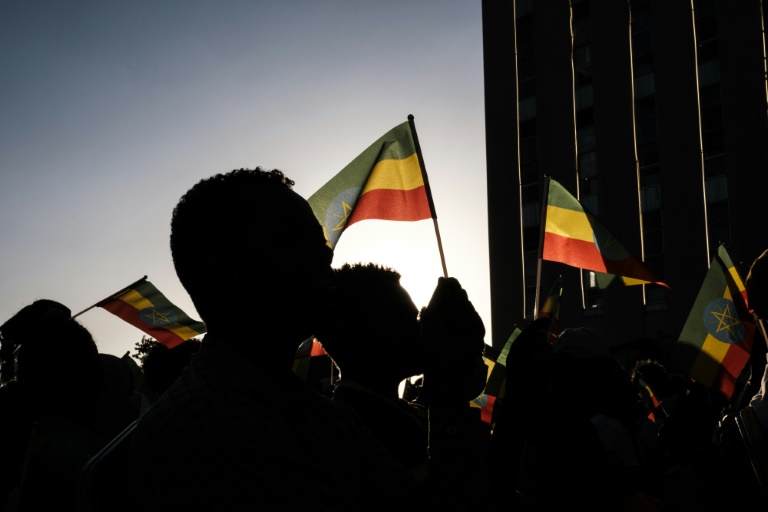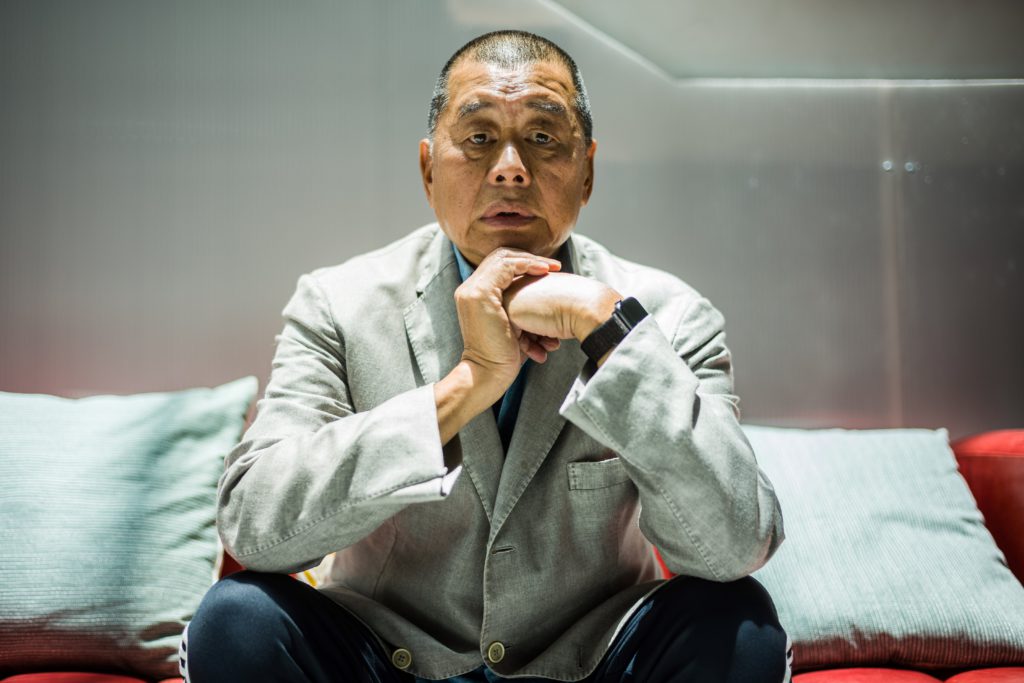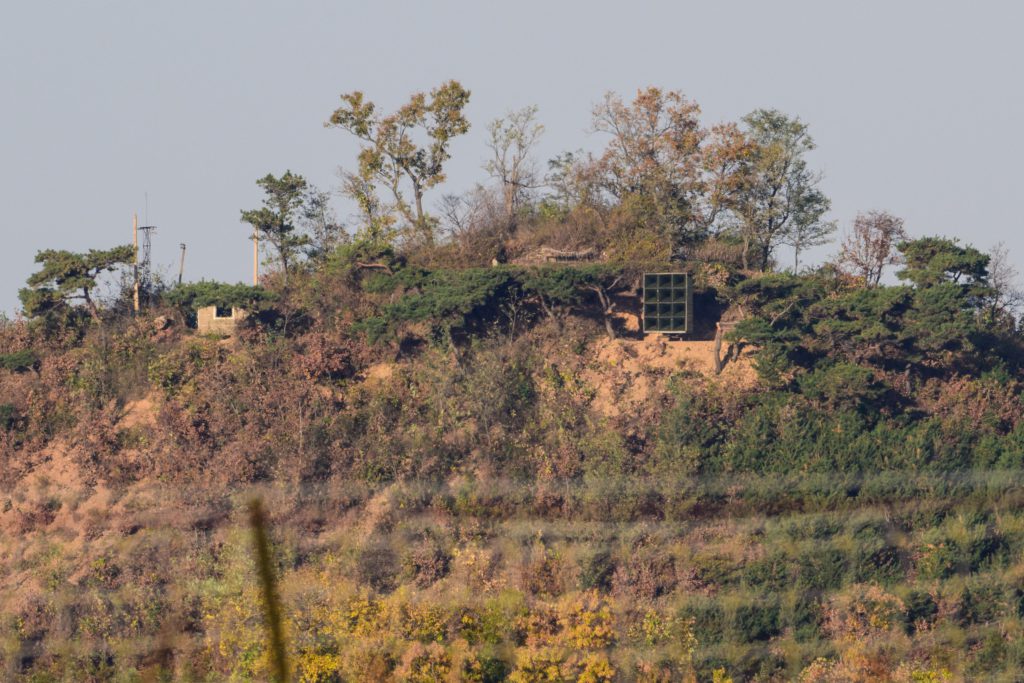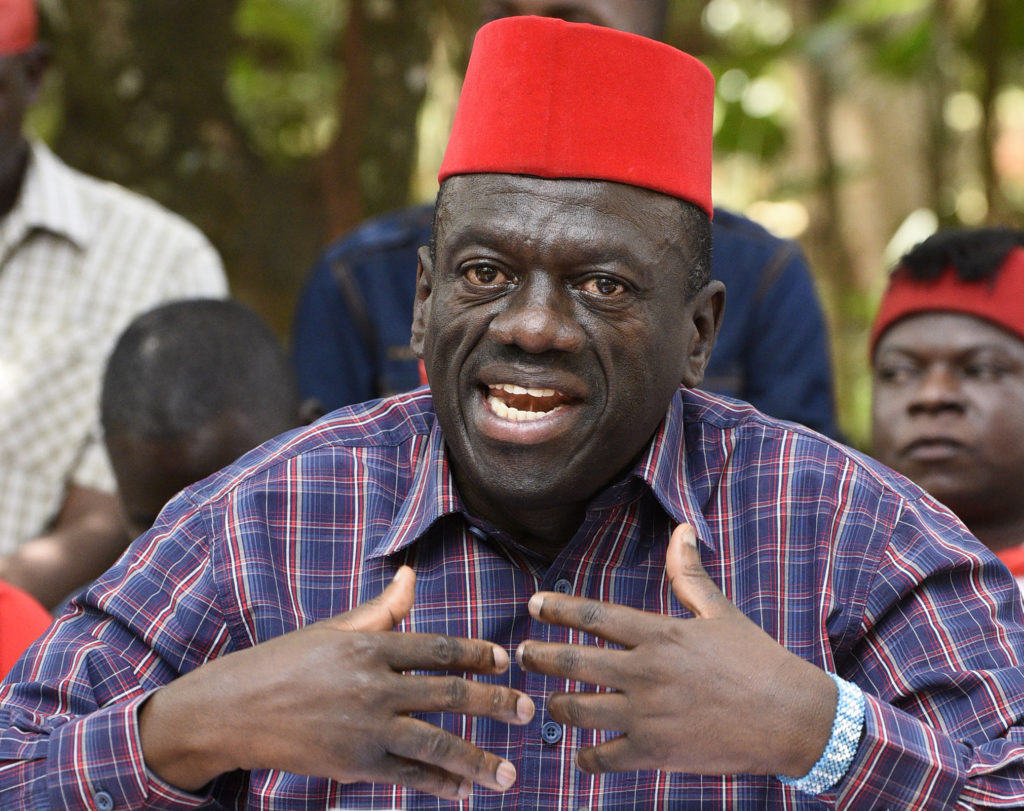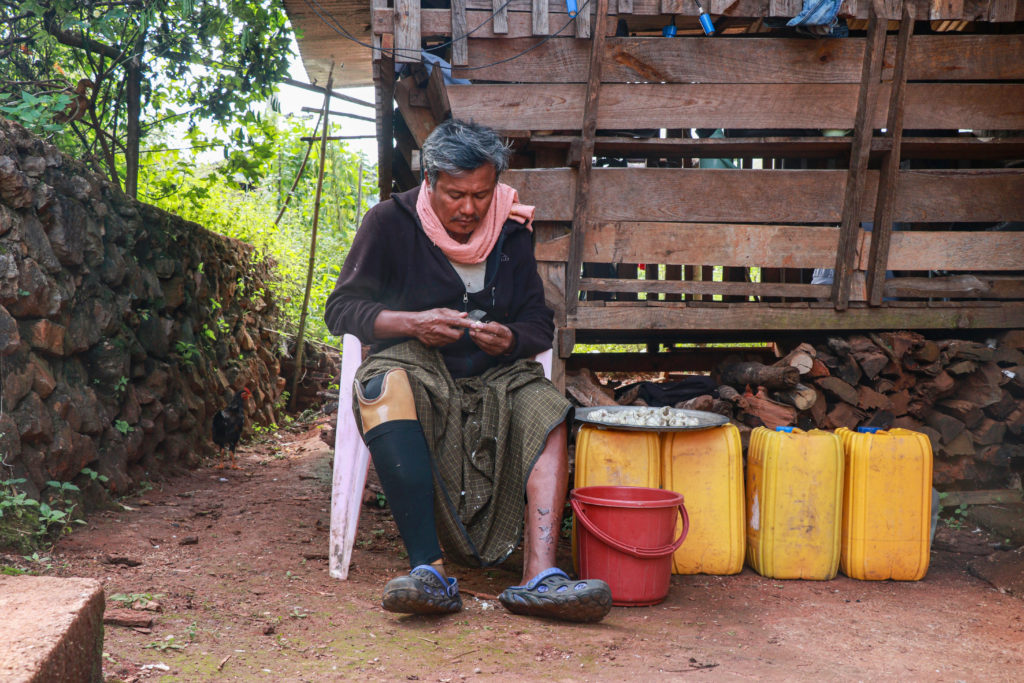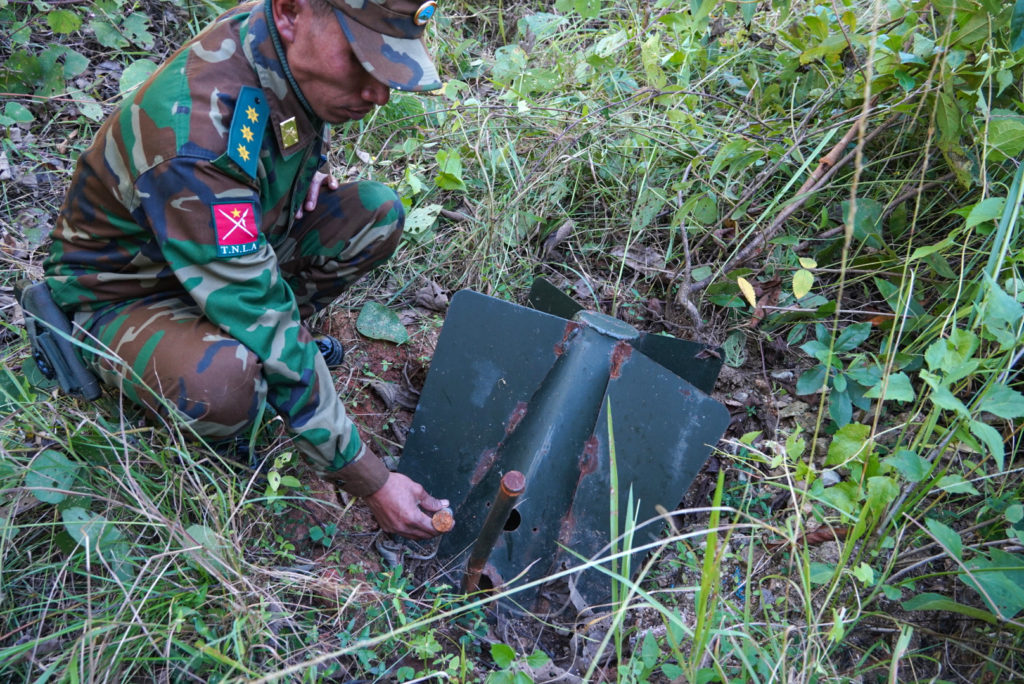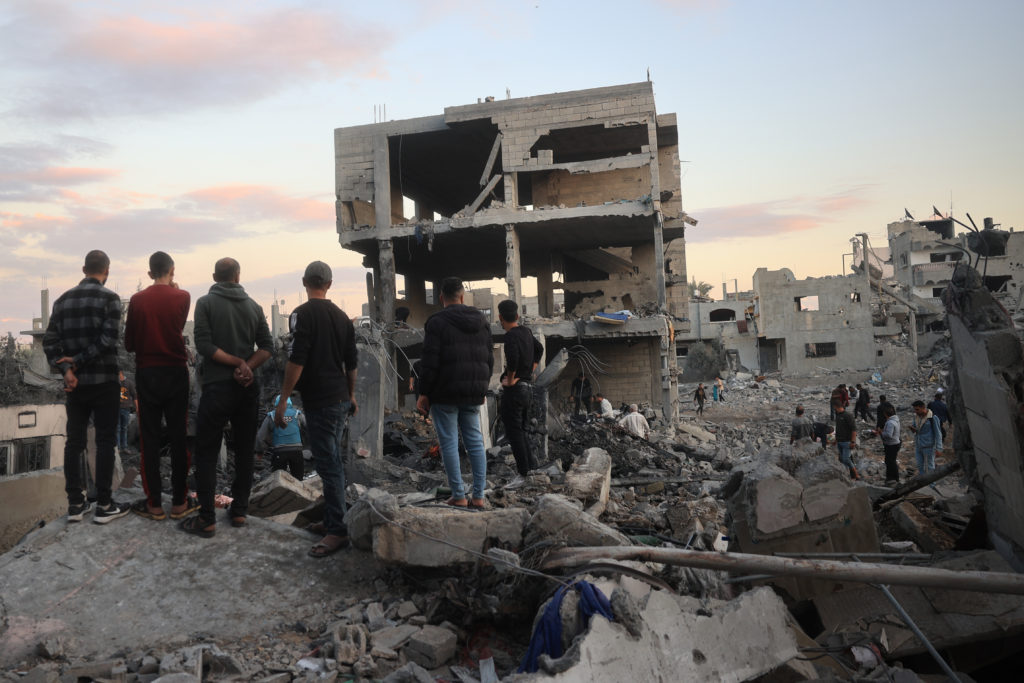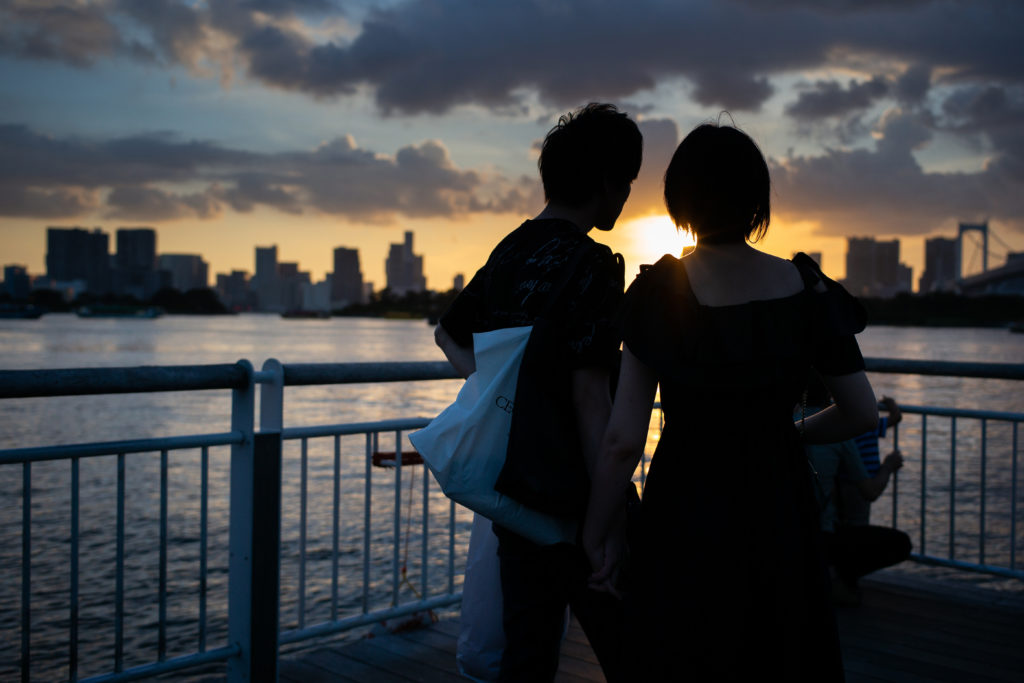Nine rebel groups battling Ethiopia’s government will “collaborate and join forces” Friday, they said in a statement announcing the alliance, which comes as fears grow of Tigrayan fighters advancing on the capital.
The alliance, due to be signed in Washington later on Friday, includes the Oromo Liberation Army (OLA) and the Tigray People’s Liberation Front (TPLF), which has been locked in a year-long war against Prime Minister Abiy Ahmed’s government.
The TPLF said Wednesday that its fighters had reached the town of Kemissie in Amhara region, 325 kilometres (200 miles) northeast of the capital, and were running “joint operations” with the OLA, which predicted Addis Ababa could fall in a matter of weeks.
The nine groups said they were forming a united front “to reverse the harmful effects of the Abiy Ahmed rule on the peoples of Ethiopia… and in recognition of the great need to collaborate and join forces towards a safe transition in the country.”
It is unclear whether the alliance, named the United Front of Ethiopian Federalist and Confederalist Forces, will affect the trajectory of the conflict, which Abiy’s government has termed “an existential war.”
The TPLF and the OLA, which the government officially designated as terrorist groups in May, are well-known, but the alliance’s other seven members are obscure, said one diplomat following security matters.
“If they are really serious about taking up arms against the government then it’s potentially a real problem for the government,” the diplomat told AFP on condition of anonymity.
But the diplomat cautioned: “I don’t know the majority of them, I don’t know how many people they have, what resources they have.”
Abiy’s government has dismissed rebel claims of territorial gains, saying Thursday that the TPLF was “encircled” and close to defeat, while also urging Ethiopians to unite and join the fight.
– Rise in hate speech –
On Friday, the defence ministry called on veterans to re-enlist in the armed forces “to safeguard the country from a conspiracy to disintegrate it.”
Lawmakers Thursday also approved a six-month state of emergency that allows authorities to detain without a warrant anyone suspected of supporting “terrorist groups” or suspend media outlets believed to be “giving moral support directly or indirectly” to the TPLF.
Rights watchdog Amnesty International on Friday slammed the emergency measures.
Its East Africa director, Deprose Muchena, called them “a blueprint for escalating human rights violations, including arbitrary detention, particularly of human rights defenders, journalists, minorities and government critics.”
Two lawyers monitoring arbitrary detentions of Tigrayans in Addis Ababa told AFP Wednesday they had received reports of dozens of people, and likely many more, rounded up by city police since the emergency was declared, some of whom were taken from their homes.
Amnesty also warned of an alarming rise in hate speech on social media, noting the presence of posts “inciting violence and using ethnic slurs against Tigrayans, some of which have gone unchecked”.
Meta, the parent company of Facebook, said Wednesday it had deleted a post by Abiy that urged Ethiopians to “bury” the rebels, for violating its policies against inciting and supporting violence.
The government Thursday criticised the move, saying Facebook “now has shown its true colours”.
The new alliance could be an attempt by the TPLF to demonstrate it has a broad base of support across Ethiopia.
The TPLF attempted to put together a similarly diverse coalition in the late 1980s, ahead of toppling longtime autocratic ruler Mengistu Hailemariam in 1991.
That coalition, the Ethiopian People’s Revolutionary Democratic Front (EPRDF), went on to rule the country for nearly three decades before a prolonged protest movement brought Abiy to power in 2018.
Abiy sent troops into Tigray in November 2020 to topple the TPLF, promising a swift victory. But by late June the rebels had retaken most of Tigray and expanded into the neighbouring regions of Afar and Amhara.
The escalating conflict has sparked alarm among the international community.
Thousands have been killed and hundreds of thousands forced into famine-like conditions, according to the UN.

